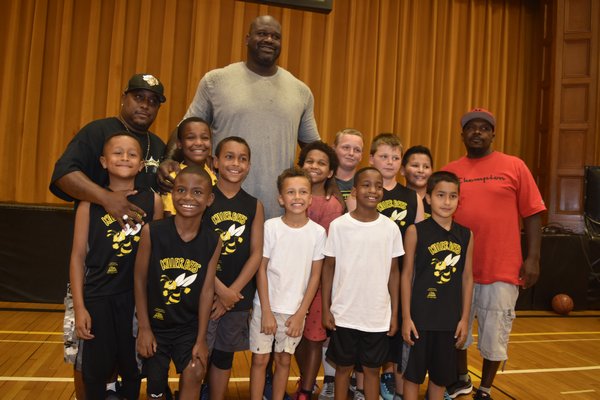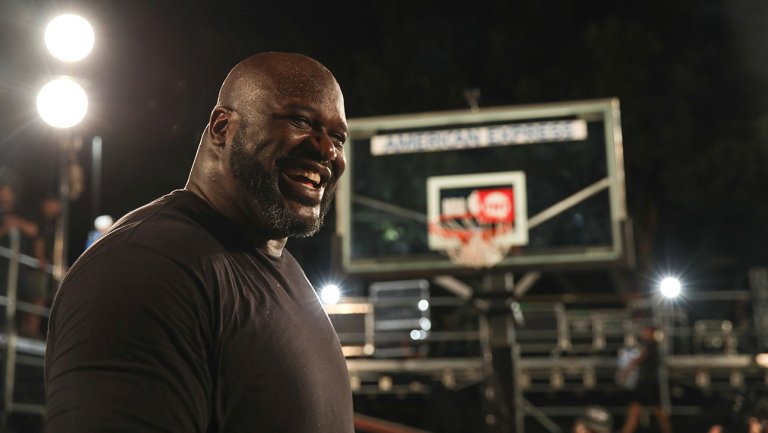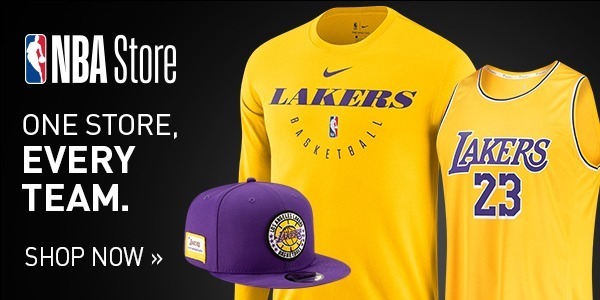
The Big Shaq-sese, Shaquille O’Neal dominated on the basketball court — and now back to the big screen with “Killer Bees”.
The four-time NBA champion has enjoyed a successful post-playing career as a basketball analyst for TNT, an actor in movies such as last summer’s “Uncle Drew,” and a pitchman for a number of recognizable brands. His latest venture took him behind the scenes as a producer of a new documentary, “Killer Bees,” about a high school basketball team in a low-income area of the Hamptons grappling with racial discrimination and wealth disparity in one of the nation’s richest areas.” It follows the Bridgehampton High School basketball players and their coach Carl Johnson throughout the 2015-16 season as they attempt to repeat as New York State champions. Directed by brothers and former Bridgehampton students Orson and Ben Cummings — also shines a light on the struggles faced by members of that small community, where African-American migrant workers moved decades ago for jobs in the potato fields. Wealthier, predominantly white residents of the Hamptons fought in the 1980s to close down Bridgehampton High School, the film reveals, as the area grew more ostentatious.
“When it comes to going to the Hamptons, I’ve been bamboozled,” O’Neal, 46, told The News. “I’ve been hoodwinked. I’ve been led astray… A friend of a friend of a friend knew Leonardo DiCaprio. They had a party. Went up there, it was the best time of my life. So I would go every summer. That’s what I thought the Hamptons always was. I even rented a house one summer, doing the whole Hamptons thing. So when I came across this film, and they showed the other part, I was like, ‘Where the hell was that?’ ”
Glenn Furhman, another producer of “Killer Bees” and a friend of O’Neal, reached out to the Hall of Fame center early on and asked him to be a part of the project. The former Los Angeles Lakers star didn’t hesitate to join. “When Orson and Ben told me about what was going on there, and about the nature of the students at the school, I had absolutely no idea,” Fuhrman told The News. “I had no idea there was an African American community there. There has been one there for 50 years, and these issues around their survival, I had no idea. Once I kind of heard about that, I thought it was fascinating, and the first thing I thought about when I decided to get involved was we should ask Shaq and see if he’d want to be involved. It’s a basketball movie, so to have one of the greatest basketball players of all time involved would be a great thing.”
O’Neal, who retired from the NBA in 2011, has received producer credits in the past for movies such as “Kazaam” and “Steel,” both of which he starred in. But he says he was able to get more involved as a producer with “Killer Bees” than he has with previous projects and regularly looked over cuts of the movie during production. “I’m not the one to come and say, ‘Do this, shoot this, shoot that.’ You let them shoot,” O’Neal said. “The producers are from this area so they know what they want and then I give my, ‘I think you should move this here,’ or, ‘I think you should cut that down,’ or, ‘I think you should talk about that more.’ I His movie explores how racism affected H.S. basketball team. I give them my Hollywood visual experience and then we work as a team to put it together. That’s how it should work.”
“Killer Bees” had short theatrical runs in both New York and Los Angeles over the summer and is currently available on video on demand. The documentary is receiving early buzz as a potential contender at next year’s Academy Awards. O’Neal’s former Lakers teammate Kobe Bryant — with whom he won three championships — won an Oscar this year for his animated short film “Dear Basketball,” but O’Neal doesn’t look at their respective movie-making careers as a competition. “All that stuff (about) who’s better is always subjective and objective from other people, but as long as we both can do good, quality work, I think it’s good for the both of us,” O’Neal said.
O’Neal made several trips to Bridgehampton and hung out with the team’s players while they were making the movie. He hopes to serve as a “glimmer of hope” for the students the way NBA Hall of Famer Julius Erving did for him when they met.


